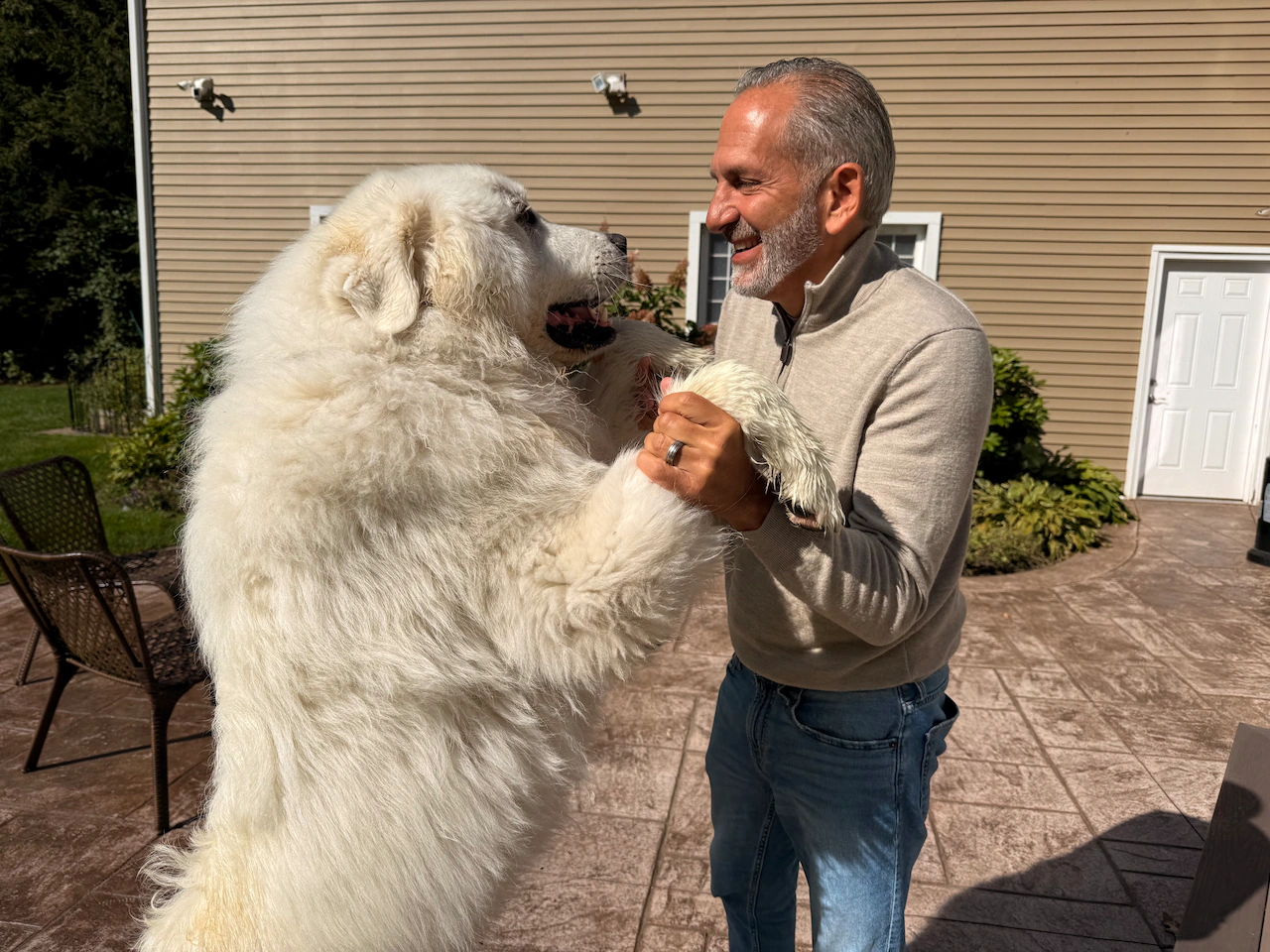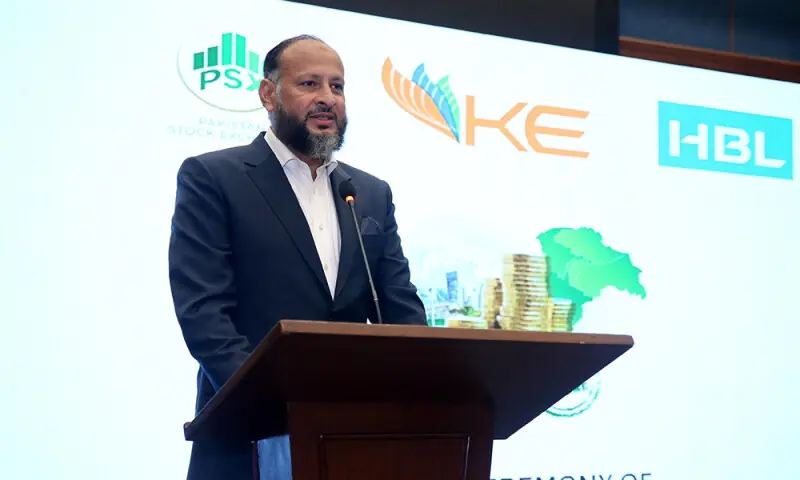
LONGMEADOW — Chicopee‘s Kristin Vivenzio found herself rushing down Interstate 91 to get emergency care for Po Bear, her 7-year-old tuxedo cat.
She thought her emotional support pet had an intestinal blockage and knew it would be expensive to treat.
Vivenzio grabbed $1,000 in cash and filled out an online credit application. The $750 in credit she was granted fell far short of what she needed.
“Po looked like he was constipated. His bladder was filled with sludge,” she told The Republican.
The doctor recommended flushing fluid through Po Bear for nearly a week, but Vivenzio said she couldn’t afford the potentially life-saving procedure, which would have cost between $8,000 and $10,000.
“I brought him home. He was just a mess. I laid with him on the floor, rubbing his back all night until I could give him his pain meds,” she recalled.
Vivenzio brought him to her workplace, at a different veterinarian’s office in Longmeadow, but the doctor she works with didn’t offer the service Po needed. After an hour, Vivenzio faced the harsh reality of losing her pet.
“They pulled me in the back and said, ‘This isn’t good. We need to put him down,’” she said. “I had them do it, because I didn’t want him to suffer.”
Economic euthanasia
According to the American Society for the Prevention of Cruelty to Animals, 920,000 shelter animals were euthanized in 2023. A 2025 Gallup poll found 52% of U.S. pet owners say they’ve had to put off veterinary care because of the cost.
“I started doing research on how many dogs are lost due to what I’ve termed ‘economic euthanasia’: euthanizing a dog just because you don’t have the money, even though its (ailment) is curable,” said Glenn Shapiro, 59, a retired insurance executive living in Longmeadow.
Shapiro and his wife, Nancy, said they spent $25,000 on medical care for Kodiak, their Bernese mountain dog who eventually passed in 2018 when he was 11 years old.
The Shapiros said Kodiak was treated for canine parvovirus, degenerative myelopathy and cancer.
“We were always catching things before they affected him, so he was fine, but it was expensive,” he told The Republican.
As past president of Allstate Insurance Co., the retired businessman said he and his wife could afford Kodiak’s care. They are on the opposite end of the financial spectrum from those who give up their animals, forced to make the impossible choice of caring for their pets or paying for their own rent, food and medicine.
“We’ve been very fortunate, and we want to do things for the world,” said Shapiro.
KodiakCare
Using part of their savings, the Shapiros founded KodiakCare in 2020, naming the nonprofit business in honor of their deceased dog. KodiakCare raised and donated $500,000 last year to help dog owners get life-saving medical care for their canines when families can’t afford it on their own.
“I can’t imagine having to tell your kids we’re going to lose our dog because you don’t make enough money. It’s devastating,” said Shapiro.
KodiakCare is a recognized nonprofit group with a board of directors, which Shapiro heads. The all-volunteer organization has nearly a dozen medical partners across the country, including nonprofit animal shelters, hospitals and teaching universities.
Shapiro and his team funneled $1.7 million to these medical facilities to help families pay to treat their dogs. He hopes to broaden the group’s benevolence to cats and their owners in the future, just like Vivenzio and Po Bear.
Typically, families pay what they can afford, while the partners and KodiakCare cover the rest. Shapiro said KodiakCare donations have helped save 1,300 dogs nationally from being euthanized in the last five years.
The Dakin Humane Society in Springfield has performed life-saving surgery on 20 dogs, using $55,000 in grants from KodiakCare, according to Dakin Executive Director Meg Talbert.
“Our pets are part of our family. Just to be able to say we can help proves there’s kindness and generosity in the world,” she said.
Dakin uses its own “Stay Together Fund” to perform operations. The fund is supported by foundations and individual donors, covering care for 40 to 50 animals in a variety of species every year, according to Talbert.
Grieving vets
Studies have concluded veterinarians and their staffs are “traumatized” when they deny care, turn families down and euthanize pets. According to a published report, the Journal of Veterinary Medical Education found 68% of shelter veterinarians reported being sad and frustrated, 63% felt helpless, and 50% were overwhelmed.
“It’s heartbreaking to turn someone away because they don’t have money, and all we can offer them is euthanasia. The fact we can tell people we can take care of them is incredible,” said Talbert.
The Shapiros are just back from KodiakCare’s major annual fundraiser held every year in Chicago. As former Allstate president, Shapiro rounds up industry peers who agree to mingle in a high-power networking event with others in the insurance business and related industries. This year, the event raised $400,000.
KodiakCare also accepts donations from individuals, foundations and benefactors. The nonprofit business recently received a $25,000 grant from The Grey Muzzle Organization, which raises money to care for older dogs. Grey Muzzle has given KodiakCare nearly $60,000 in the last several years.
“Our priority is keeping senior dogs in their homes,” said Grey Muzzle Executive Director Denise Fleck.
“When pets get older and have issues, unfortunately, some people don’t have the ability to care for them. Our grants help communities by helping to ensure older dogs never enter shelter systems, because some people feel their only alternative is to relinquish the dog,” she added.
Looking back, Vivenzio said she wishes there had been a benefactor who could have saved Po Bear, and she is still living with the consequences of putting him down.
“It was devastating. I was crying,” she said. “If I had the money, I would have saved him. You can replace money, but you can’t replace the cat.”



